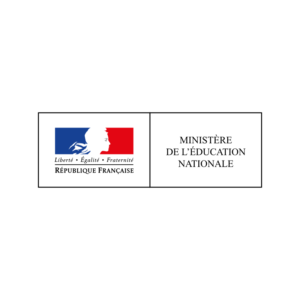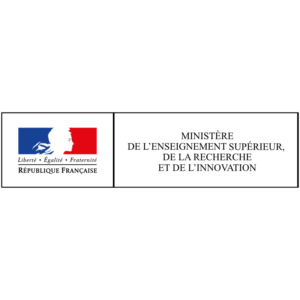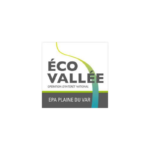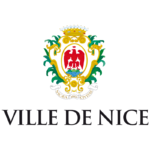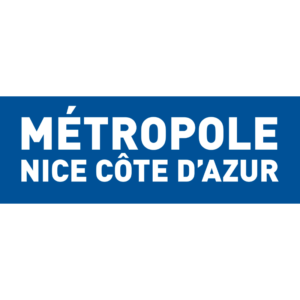CONNECTED CITY
Exploring trends in the ICT domain that improve wealth and social cohesion in an urban context: mobile services; ultra-broadband deployment; Internet of Things; big data; social networking expansion; and innovations in services, applications, and content.
40H FACE-TO-FACE / 30H SELF-STUDY
Description
The intensive deployment and usage of Information and Communication Technologies (ICT) contribute to the improvement of wealth and social cohesion in the urban context. In particular, the most relevant trends within the ICT domain are explored in this area: mobile uptake, ultra-broadband deployment, Internet of Things, big data, social networking expansion and innovations in services, applications and content. From the technological point of view, the sustainable development of smart cities is enabled by the Internet-of-Things (IoT) paradigm.
Going beyond classical computers or mobile phones, IoT represents the idea of a ubiquitous and pervasive network of objects connected to the internet. These objects include sensors to monitor the environment but also actuators and control devices to interact with the physical world. The deployment of an urban IoT infrastructure is therefore a key step for the realization of smart cities with optimized services, such as transport and parking, garbage management, lighting, surveillance, etc.
The module is aimed at providing an overview of the state-of-the-art IoT technologies for smart cities applications.
All the different aspects from the sensing and transmission of the data to the extrapolation of useful information will be addressed through lectures and practical sessions (labs and projects):
1) Data Sensing and Transmission
• Architecture of an IoT device & smart city applications;
• Wireless standards for smart cities
• Wireless propagation channel
• Power management (batteries, wireless power transfer, energy harvesting).
2) Data Networking
• Network architecture
• Network topology
• Network optimization
• Data storing
3) Smart Sensors
• Signal processing fundamentals
• Sensors classification
• Principles of machine learning
• Smart sensors
4) Transversal Project (teamwork)
• Identification of the project requirements;
• Development (integration) of the sensor node;
• Programming the node;
• Testing of the node;
• Remote control with a smart phone;
• Building a network of nodes.
Learning outcomes
Overview of the different technologies involved in the sensing, transmission and elaboration of data for smart city applications. Hand-on practice on connected objects, sensing devices, smart city wireless networking, data processing and information extrapolation techniques.
Learning approach
• Blended learning and use of ICT tools
• Smart City Innovation Center
• Site-visit to Data Centre MNCA & IBM
